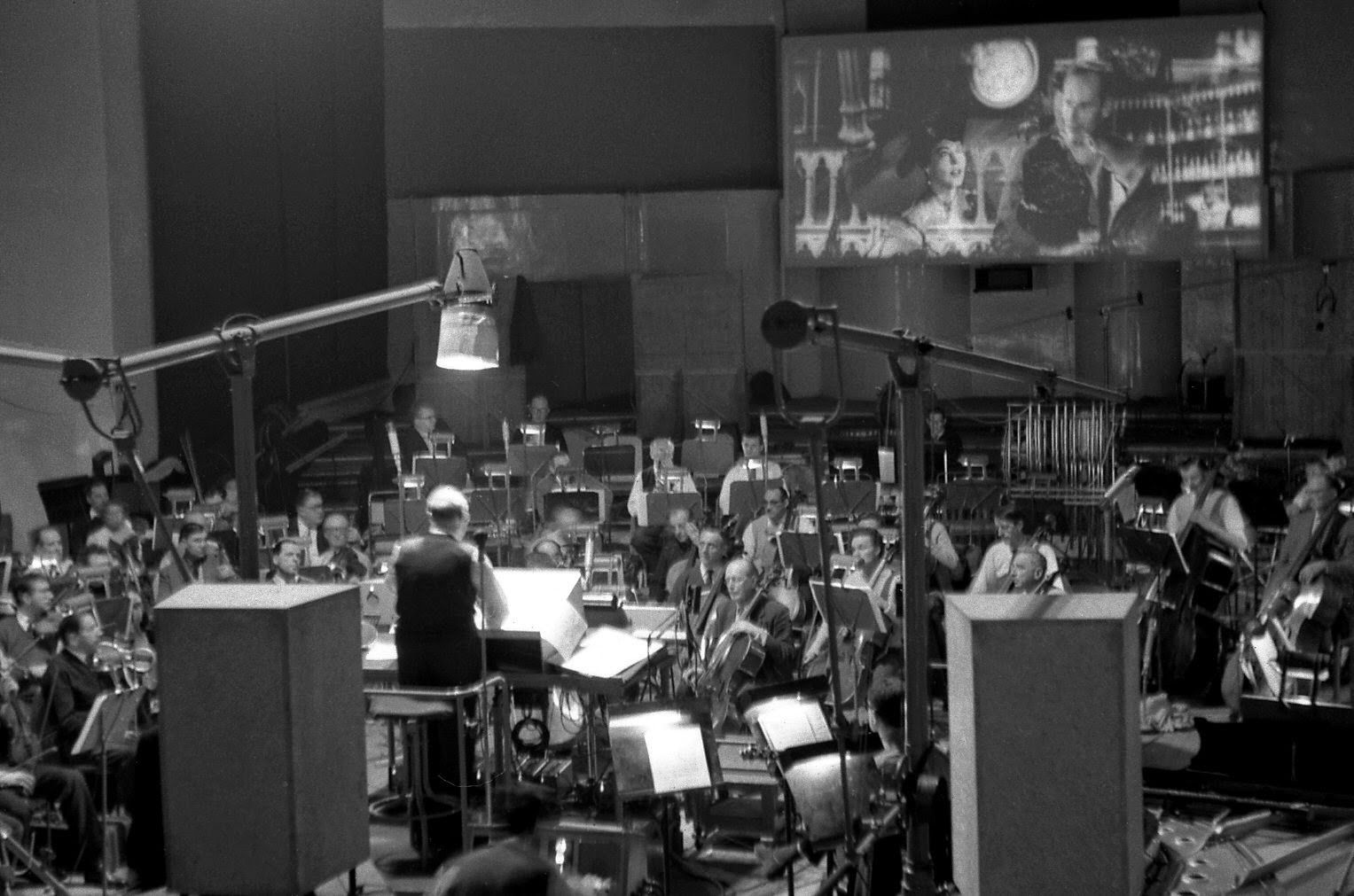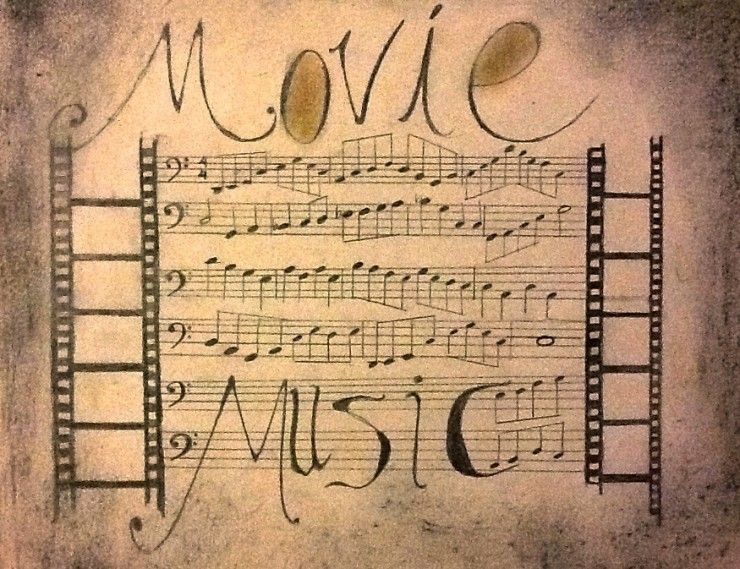
By Justin Morrow (https://nofilmschool.com/2015/12/how-make-great-low-budget-soundtrack-for-film)
Some films don't need music, and that's part of their aesthetic. But just imagine the "Blue Danube Waltz" docking sequence from 2001 without sound and you'll see what I mean. Music can take a film and make it more than the sum of its parts.
And even in the days of so-called "silent" films, the silence was just a lack of dialogue and sound effects, not a lack of music: piano and other musical accompaniment was a staple of the theatrical viewing experience, with live music helping bring the movies to life.
But acquiring the rights to songs can be expensive, as well as confusing: There are publishing companies who administer the rights for various songs (basically, making sure the artist and songwriters and record companies and etcetera all get their filthy lucre), and if you go this route, it can mean acquiring at least two different licenses for your movie. According to ASCAP (one of the big two publishers, with the other being B.M.I.), one of those licenses, the "synchronization license," grants you, as filmmaker,
The right to synchronize a song or a piece of music with your visual image. It must be obtained from the copyright owner of the music, which is usually the publisher.
Then there's the master license, which will grant you,
The right to use a recorded piece of music in a media project, often a film, TV show, commercial or some other visual creation, though the license does extend to audio projects as well. A master license is obtained from the person who owns the recording (in other words, owns the master). Often master licenses are obtained from record labels.

Now, to a super-indie filmmaker, these all might seem like niceties, i.e., the sort of thing that big budget-movies might have to worry about, but not a small fry production. To which I would respond, yes, that's a good point, but today, in the age of the YouTube, even wedding videographers are getting sued for using music to which they had not acquired the proper license.
For an idea of just how deep this goes, for decades, "Happy Birthday to You", one of the most recognized songs in the world, was held under the copyright of Warner/Chappell which collected royalties whenever the song was used in any sort of media context. Even Hoop Dreams filmmaker Steve James had to pay $5,000 to use the song in his ground-breaking 1994 documentary, telling the L.A. Times, " It was quite expensive for us at that time and with our budget. And we only used it for 9 seconds." Back in September, however, a Federal Judge ruled that Warner/Chappell, who had been administering the song since 1988 (and pulling in up to $2M/year in royalties from the song), had never had the rights to collect any money on the song.
So, without the hundreds of thousands of dollars it can cost to license some famous songs, what's an indy filmmaker to do? Well, here are some options for adding music to your movie that won't break the bank (some are even free!):
Write Your Own Score
Sean Baker, director of the acclaimed Tangerine (a film shot on the iPhone 5), told Indiewire that he originally intended for his film to be "a return to Dogme 95," the (in)famous and somewhat tongue-in-cheek cinematic 'Vow of Chastity' written by Lars Von Trier and Thomas Vinterberg; the manifesto called for such self-imposed limitations as lack of props, artificial lighting, and, especially, music. But while editing his film, Baker became entranced by the sounds of two DJs from Newark whom he eventually found through a roundabout path on the music site Soundcloud, where musicians can post high-quality copies of their songs for streaming or downloading. According to Baker:
SoundCloud is such a great tool for independent filmmakers. There are so many high-quality tracks and most of the artists are unsigned. As long as the track is original, with no samples, you don't have to go through music supervisors or labels and can negotiate directly with the musician.
While not every movie requires music, and in indie cinema, more than any other, all bets are off when it comes to the aesthetic direction you want to take, there's no denying that a great song, paired with a great image, can really push a scene or sequence over the top.
I'll close with another Kubrick movie, because the director was incredibly innovative in his use of music. The Bronx native was one of the first directors to forgo what he saw as unnecessary and inferior (to his ears) original scores, in favor of already written (and usually public domain!) classical compositions, of which there was no shortage. And it certainly didn't hurt that in 2001's followup, A Clockwork Orange, Malcolm McDowell's anti-hero protagonist was so obsessed with Beethoven, to the point where the music itself becomes a plot device (and his work on that film with composer Wendy Carlos was revolutionary in its marriage of synthesizers and classical composers).
So if you need one, don't be afraid to go out there and search for your song (or write one)! Odds are there's one waiting for you.


No comments:
Post a Comment